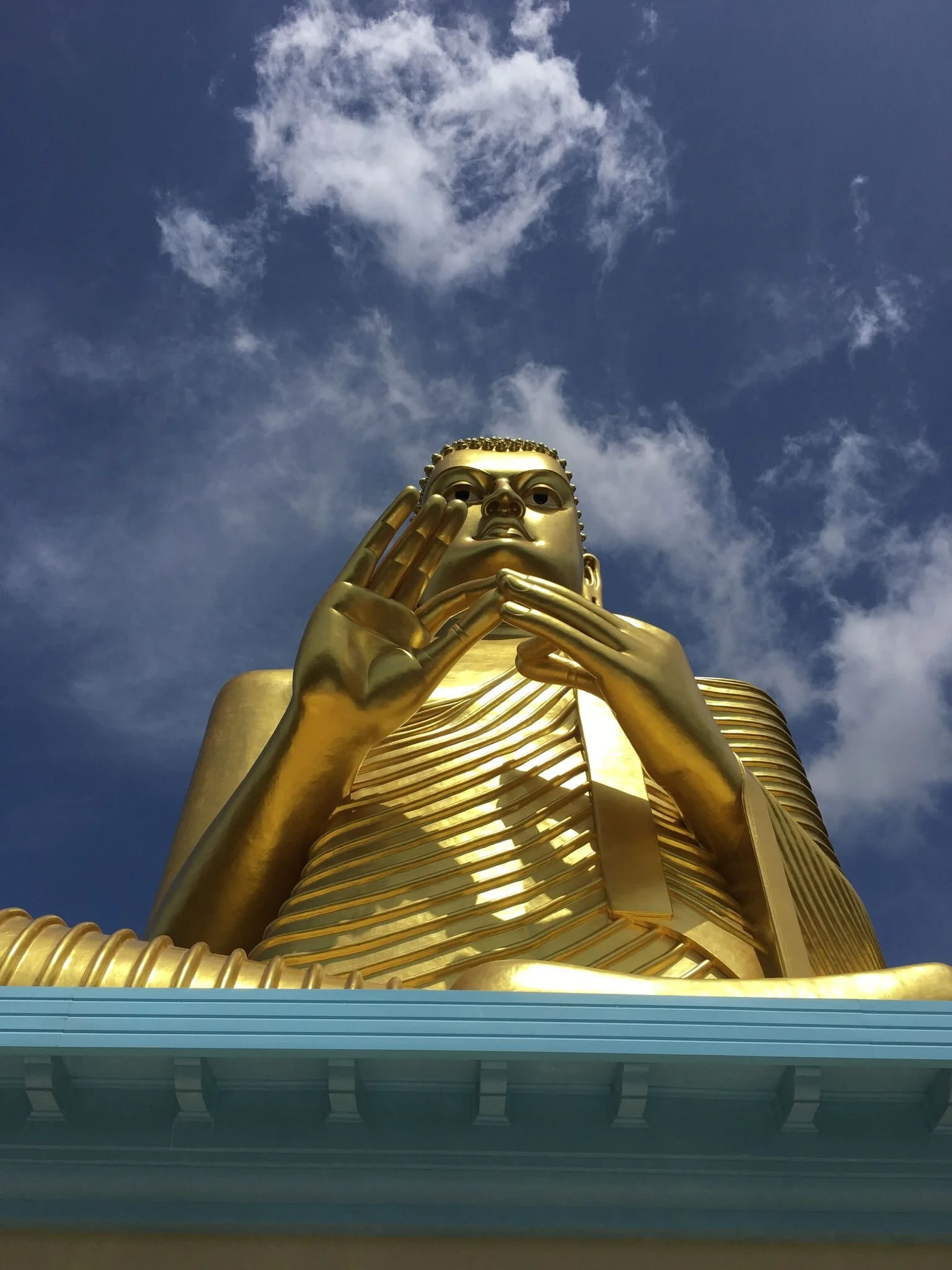WORKSHOP SERIES ON
BUDDHISM AND CONSTITUTIONAL LAW
About the workshop
The aim of this workshop is to open up and deepen this new subfield in comparative constitutional studies and Buddhist legal studies. While there is a rich literature on the intersections of religion and public law in secular, Islamic and Christian contexts, research on Buddhism and constitutional law remains scarce. This scarcity is problematic not only from a comparative perspective, but from the perspective of contemporary law and politics in Asia, where Buddhist actors are playing increasingly important roles in the design, interpretation and reformation of constitutional law.
This workshop proposes to fill this gap in knowledge by bringing together scholars with diverse areas of expertise and disciplinary training (including law, politics, history, religion and anthropology) to consider the role, influence and transformations of Buddhist actors, ideas and institutions in the context of the Asian constitutional law, both historically and in the present. It will consider the following questions: What have been the roles of Buddhist monks, lay organizations and activist groups in affecting constitutional changes? In what ways might processes of making and implementing constitutional law transform the practice and institutions of Buddhism? Do existing models in the study of religion and constitutional law adequately explain the dynamics of Buddhism and constitutional law in Asia? How do Buddhist-inspired interpretations of public law differ from those of other interpretative traditions? Are there links across borders in the region, either in terms of borrowed concepts or religious networks, that shape constitutional thought and action? What historical antecedents and Buddhist doctrinal principles help us predict or understand these trends?
This workshop has been made possible by a grant from the National Science Foundation, Award Number 1921184.


